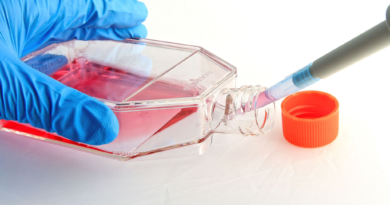How Long Does it Take for Critical Care to Work?
Depending on heath conditions and extremities, critical care would take 15 days to many years. Extensive and dedicated critical care would probably give a quick response within a time duration of 15 days. However, this time frame is exceptional and as stated before – depending on many factors.
A specialized area of medicine called “critical care” is dedicated to giving seriously ill patients intensive care. It is crucial to provide critical care right away when a person’s health is at danger. But one frequent query that patients and their families have is, “How long does it take for critical care to work?” Now, time duration critical care to work depends on various factors. Let’s look at this issue to learn more about how long critical care would be needed for it to improve a patient’s condition.
“The time duration of critical care depends on the nature of the illness, the patient’s response to treatment, and various other individual factors.”
The Impact of Critical Care:
1. Swift Action in Critical Moments:
Time becomes a key consideration when a patient’s life is on the line. Critical care units are built to offer complete medical care right away in order to stabilize the patient. A patient’s life may be saved if critical care interventions are made as soon as possible.
2. Varied Timeframes:
It’s crucial to remember that the precise ailment, illness severity, and personal patient variables can all affect how quickly critical care to work takes effect. The time needed for recovery may vary depending on how each patient responds to critical care therapies.
Examples of Critical Care Timeframes:
Trauma and Surgical Interventions:
Critical care is essential to postoperative management in cases of serious trauma or following major surgical procedures. Depending on the intricacy of the procedure and the patient’s response to treatment, the time spent in critical care in these situations might range from a few hours to several days.
Rehabilitation and Recovery:
Critical care includes the future stages of rehabilitation and recovery as well as the acute stage of the illness. After receiving critical care, a patient’s recovery and return to normalcy might take a variety of times. It depends on a number of variables, such as the illness’s severity, the patient’s general health, and the accessibility of rehabilitation facilities.
The Importance of Individualized Care:
It is essential to comprehend that each patient’s demands are taken into account when providing critical care. It is impossible to forecast or generalize the exact amount of time critical care will take to function. The multidisciplinary healthcare team, which consists of doctors, nurses, and therapists, closely follows patients and modifies their treatment regimens as necessary.
Last Thoughts
Even though the goal of critical care is to stabilize and improve a patient’s condition as quickly as possible, it can take a long time for critical care to be effective. The severity of the illness, the patient’s reaction to treatment, and a number of other unique elements all affect how long critical care is required. Critical care is focused on giving patients prompt, thorough, and individualized care while they are at their most vulnerable. The ultimate objective is to speed up recovery and improve health.




